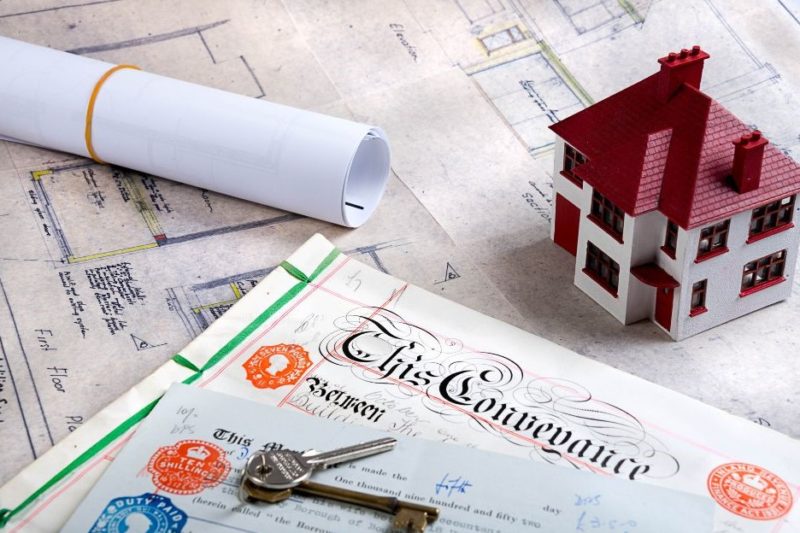It is no secret that long-term care costs can be exorbitant. The rates on this type of care have skyrocketed for decades. With that being the case, individuals often turn to Medicaid for assistance in paying for their long-term care needs. This is often a good option for individuals as it does indeed ensure their long-term care needs are met. Nevertheless, relying on Medicaid does come with a catch. Given that Medicaid is a government operated program, its budget comes directly from the individuals whom it is helping. For example, consider an individual who has used Medicaid to pay for their long-term care needs. After they pass away, Medicaid will seek to recover the costs of their care against their estate. This is what is known as Medicaid estate recovery. Less endearingly, it is often referred to as a “Medicaid claw back”.
Often, the largest or most valuable asset in one’s estate is their home. Accordingly, this is an asset that Medicaid will often times “go after” in order to be reimbursed for their initial payment for one’s long-term care. When this is the case, Medicaid can require the sale of one’s home and the proceeds of that sale be used for government reimbursement. For many, this is an unsettling thought. In our society we value the disposition of one’s property at their discretion. In other words, most individuals are fond of the concept that we get to direct who gets our property when we pass. The idea of Medicaid being able to interfere with that is certainly disturbing for many.
Fortunately, for individuals in North Carolina, current law allows a loophole of sorts. This loophole is what is known as an Enhanced Life Estate Deed. The more common usage name for this deed is a lady bird Deed. This type of deed is like a traditional life estate deed in that it transfers your ownership interest in home to someone else (perhaps a child, grandchild, sibling, etc.). At the same time, a life estate deed allows you to continue living in the home. The person conveying the property through the deed retains a present interest in the home (the right to live there) and the person receiving the conveyance through the deed receives a (future interest), ownership of the property once the decedent passes. A lady bird deed differs from a traditional life estate deed however, in the fact that the grantor (the person deeding the property to their child, grandchild, etc.) does not have to seek approval of the party with the future interest in the property, if they wish to sell or alternatively dispose of the property. With a traditional life estate deed, the grantor would have to seek the permission of the grantee before they could sell the property. As such, lady bird deeds give the current homeowner much greater flexibility and control over their property.
With the benefits of lady bird deeds having been discussed, it is necessary to mention some of the negative aspects associated with them. For starters, lady bird deeds are not recognized in South Carolina. This means that our clients in South Carolina are not able to take advantage of this loophole whereas clients in North Carolina can. Accordingly, in South Carolina individuals are more likely to have a traditional life estate deed recommended to them. Further, given that lady bird deeds do represent a type of loophole in the law, their future effectiveness can rightfully be called into question. The possibility that should the law in North Carolina change and these deeds no longer be a viable option should be contemplated. With that being said, lady bird deeds have been legal in North Carolina and other states for years and appear to be growing in popularity.
If the thought of losing your home through a Medicaid claw back is disconcerting, schedule a consultation with us today at one of our western North Carolina or upstate South Carolina offices. A lady bird deed may be a very attractive option for you given the specifics of your situation. On the other hand, if a lady bird would not fit your needs our attorneys are prepared to help you protect your assets through a number of other estate planning devices. Call us today at (888) 748-KING (5464) to schedule your consultation.

